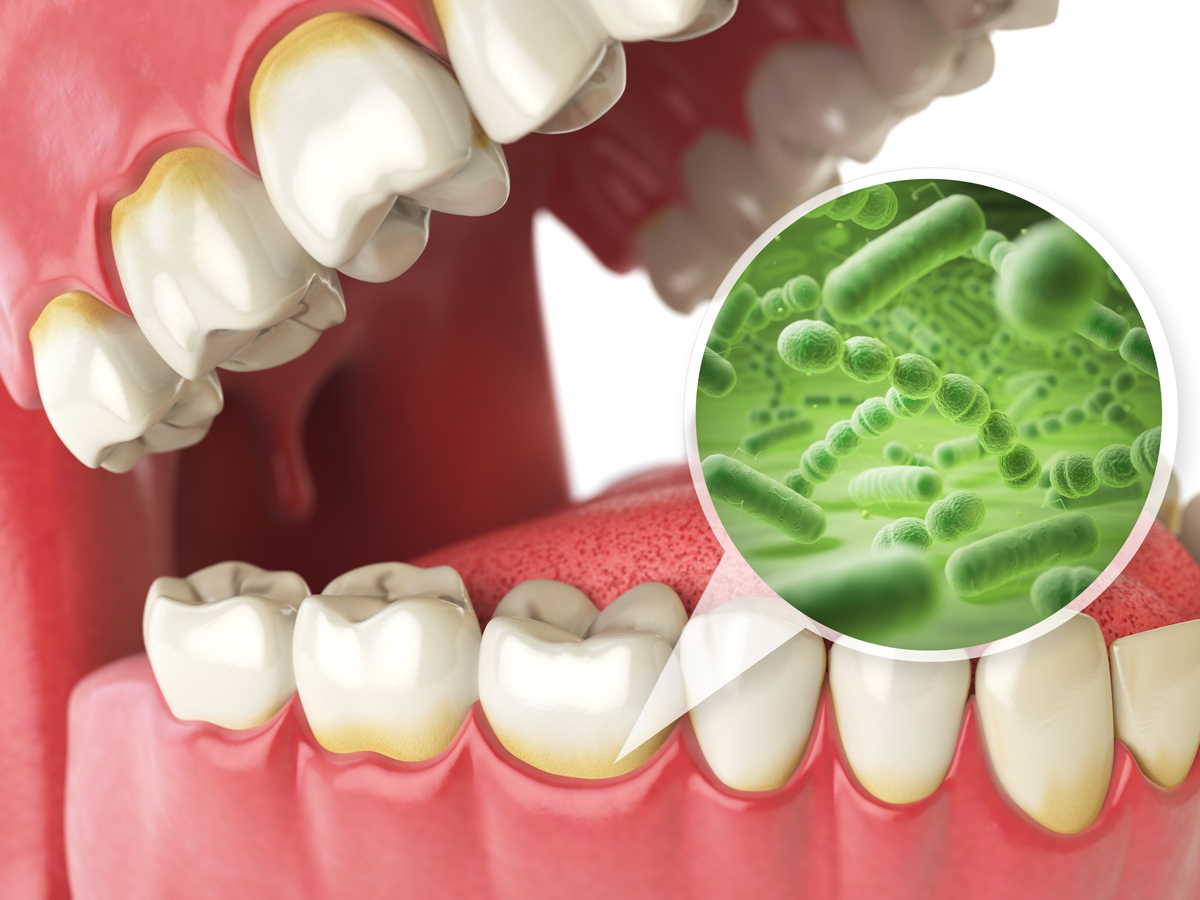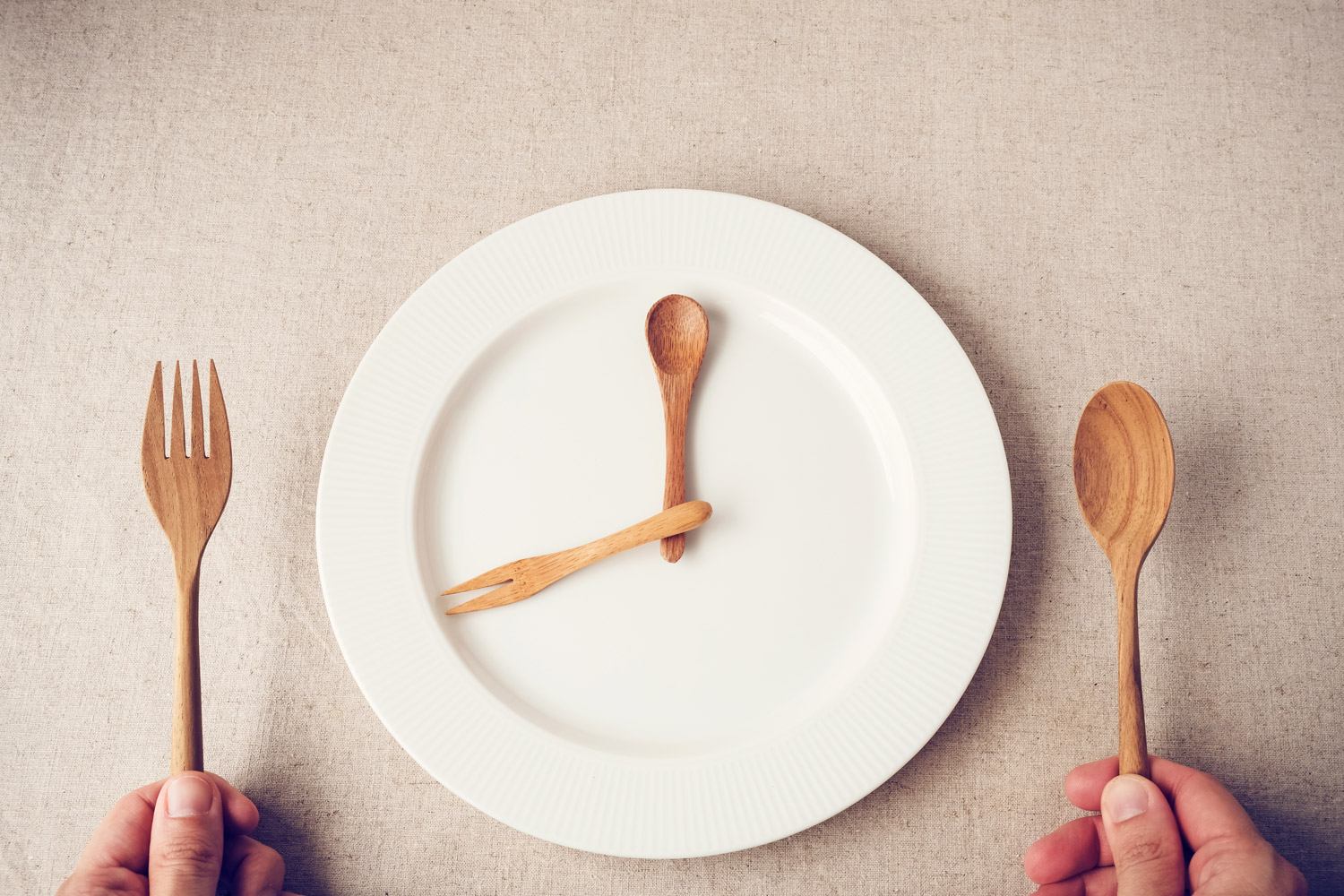In the last two Gut Matters we looked the microbiome generally and also mood and sleep. Now we are going to look at female hormones and the influence of the microbiome. From puberty, to PMS, to pregnancy, to menopause and beyond, women’s bodies go though many changes. Navigating these changes is easier if we understand the Oestrobolome, an emerging concept that is leading researchers to consider the gut to be an endocrine (hormone secreting) organ. All three types of oestrogen are actually made in the gut. So correcting dysbiosis, an unhealthy ecosystem of microbes, can be pivotal in reversing hormonal conditions. Dysbiosis can cause a recycling of oestrogens, as well as chronic inflammation.
Essentially, the bacteria in the gut play a role in the body’s oestrogen levels. Emerging research indicates that the microbiome controls the way the body regulates oestrogen. The specific microbes in our gut that metabolise oestrogen are called the oestrobolome. Understanding the impact of these microbes can help us to think differently about conditions like PMS, endometriosis, infertility, PCOS, and menopausal issues. Your gut makes the enzymes that metabolise hormones, and then excretes from the body excess hormones that can wreak havoc if reabsorbed and recirculated. Lack of butyrate (an anti-inflammatory short chain fatty acid), often caused by reduced microbes and lack of fibre, can cause chronic inflammation which also damages our hormone balance.
Research on altering the microbiome by targeted probiotic supplementation is still in its infancy, but is likely to be a safe and effective intervention for hormone related conditions. There are areas which are becoming well understood. There is a good body of evidence to suggest that lower diversity of species in our gut leads to a disruption of hormones. Microbes promote metabolism of oestrogen and prevent the reabsorption of free oestrogens. Microbes influence the activity of an essential enzyme called beta-glucuronidase, which modifies oestrogen. If this process works effectively, it is part of the wonderful symphony of appropriate hormonal balance in our bodies.
Research tells us that young women with PCOS have a different microbiome. As well as reduced diversity, there is frequently a lack of a particularly beneficial microbe called Akkermansia, which at good levels is associated with positive health outcomes. Endometriosis has also been associated with a dysbiotic gut, as have unpleasant menopausal symptoms. In animal studies osteoporotic bone loss from low oestrogen has been alleviated by a bacteria, Lactobacilus reuteri. The contraceptive pill can damage beneficial species of microbes in the gut and allow pathogenic bacteria to proliferate. The microbiome can also metabolise foods which contain oestrogen like compounds into forms that are biologically active in the body.
So, we can alter our diet to help feed the internal ecosystem which takes care of us. This is a safe intervention which we can all do to help ourselves. We can eat more prebiotic foods, fibre, and resistant starch as detailed in the last two articles. Fermented foods like sauerkraut, kimchi, kefir and yoghurt are helpful. Cruciferous vegetables like broccoli, cabbage, and cauliflower, contain specific phytochemical properties that can modify the metabolism of oestrogen. We can test your microbiome, in order to optimise nutrition and then use targeted probiotics to help regain balance in the gut.



This Post Has 0 Comments